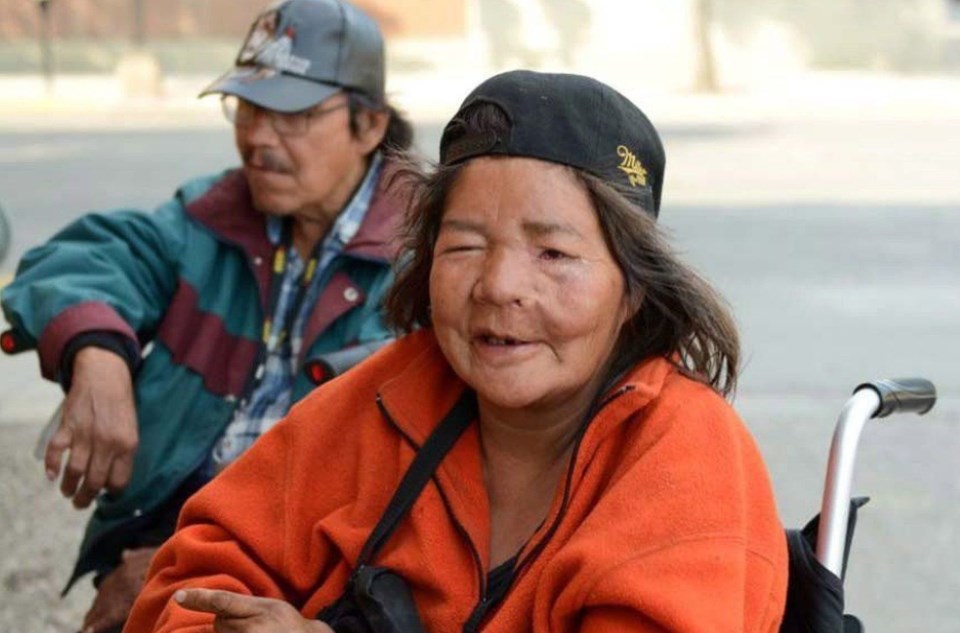PRINCE ALBERT — A man who attacked a homeless woman and set her on fire in Saskatchewan has been granted statutory release from prison with special conditions.
Leslie Black, now 39, pleaded guilty to attempted murder in the 2014 beating, burning and sexual assault of Marlene Bird in Prince Albert, Sask.
Bird’s injuries resulted in the amputation of both of her legs. The Indigenous woman also lost much of her eyesight.
She died in 2017 at the age of 50 from heart, liver and kidney failure.
Court heard that Black set Bird’s shirt on fire then left to get candy at a store. He walked past the woman again and she was still on fire, but he ignored her.
Bird was found several hours later with burns so severe her facial bones were exposed.
Black was sentenced to 16 years and after receiving credit for time already served he was handed a sentence of just over 11 years. He was also designated a long-term offender and ordered that he be under supervision for 10 years after his release.
The Parole Board of Canada denied his request for parole in 2021.
At that hearing, Black said the attack happened around the anniversary of his mother’s murder and he had been drinking more frequently. He said he didn’t know Bird and that the sexual assault was “out of the blue.”
He also told the board that his decision to light Bird on fire “just happened” because he had a lighter in his coat pocket.
The law requires federal offenders who have served two-thirds of their sentence to be freed under statutory release, and they spend the remainder of their sentence under supervision.
The parole board said in its decision this week that Black had not behaved or tried to improve himself while behind bars. It said Black was involved with violence and drugs, threw objects at staff and was found in possession of a handmade weapon.
It said it was imposing special conditions for Black's release to protect the public.
"The board finds you have demonstrated a propensity for violence. The nature and gravity of the index offence is extreme and caused serious harm. You are assessed as presenting a moderate to high risk for general sexual and violent reoffending," it said.
The board said Black must live in a halfway house or approved residential facility and follow curfew. He can't consume drugs or alcohol and must follow a treatment plan and psychological counselling.
Black was denied permission to move to Alberta but was approved for Saskatchewan and northern B.C.
This report by The Canadian Press was first published Jan. 31, 2025.
Bill Graveland, The Canadian Press




